
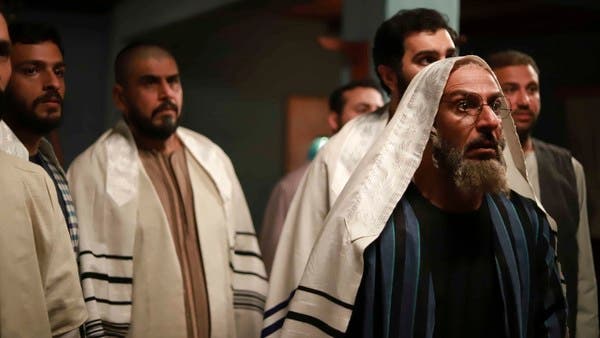
The MBC drama series "Umm Haroun,” which explores the historic ties of Jewish people living and working the Arab Gulf region, has dominated viewership ratings and online commentary this Ramadan season - and is only five episodes in.
The series, which was produced by the MBC Group, follows the fictional events of a Gulf village in the 1940s and focuses on the interreligious lives of its Muslim, Christian, and Jewish characters.
Although the events in the series may be fictional and take place in an unnamed location, the writers loosely based the script on the real-life experience of Bahrain’s Jewish community. The protagonist Umm Haroun – played by Kuwaiti veteran actress Hayat al-Fahad – is inspired by the real-life personality of Umm Jan in Bahrain.
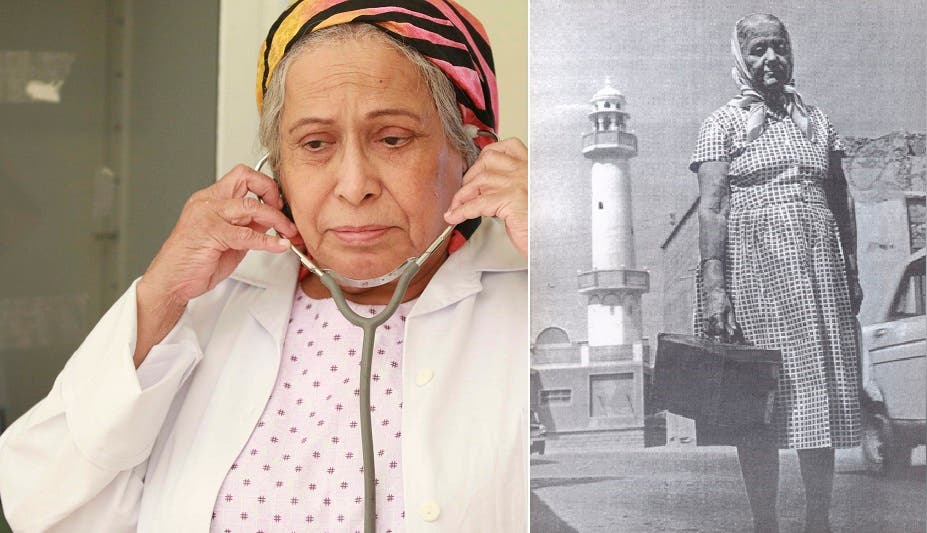
Kuwaiti veteran actress Hayat al-Fahad pictured on the left in her Umm Haroun charachter, while real-life Jewish Bahraini midfire Umm Jaan pictured on the right.
"It is of course unsurprising that "Umm Haroun,” an MBC drama series, would attract its fair share of commentary online – not least because the series’ story had sparked controversy prior to a single episode being aired,” MBC Group said in a press release.
"But in reality, the fictional drama series bears no intent to associate with the current political climate. Instead, the message of the series focuses on tolerance, moderation, openness, and coexistence; showcasing a region before sectarianism,” MBC Group said, adding that the series has so far secured the number one spot in the Ramadan TV Gulf dramas in Saudi Arabia.
To prepare the actors to play Jewish characters, series writers Ali and Mohammed Shams and director Mohamed El Adl called in the help of Nancy Khedouri, a Bahraini politician, businesswoman, and writer and one of the few Jews remaining in the country. Khedouri has documented the history of Bahraini Jews in her book, "From Our Beginning to Present Day.”
"The Jews of Bahrain trace their roots back to the first Jewish people who arrived mainly from Iraq in the 1880s, under the reign of Shaikh Isa Bin Ali Al-Khalifa, establishing themselves in Bahrain in search of a better quality of life,” Khedouri told Al Arabiya English during a previous interview in 2017.
"Although previous historical records indicated that the oldest Jewish person in Bahrain resided [in the country] since 1873, it has always been known to the Jewish community of Bahrain that the first of the Jewish settlers in the Archipelago, arrived in Bahrain from Basra, Iraq, during the late 1880s,” Khedouri added.
Many of the online commentary surrounding the "Umm Haroun” series focused on accusations that it was promoting normalization with Israel. But Saudi Arabian writer and columnist Hussein Shobokshi, who recently wrote about the series, told Al Arabiya that it was normal to see such reaction as the Arab viewer has not been used to seeing a Jewish character in a positive role.
"The Arab viewer, especially in the Gulf, is not used to seeing a Jewish character in a positive and protagonist role as Jewish roles have been focused on the evil character either based on the historical phases of Islamic history or in the modern ages where a Jew is either a traitor or a spy,” Shobokshi told Al Arabiya’s "tafa3olcom” program.
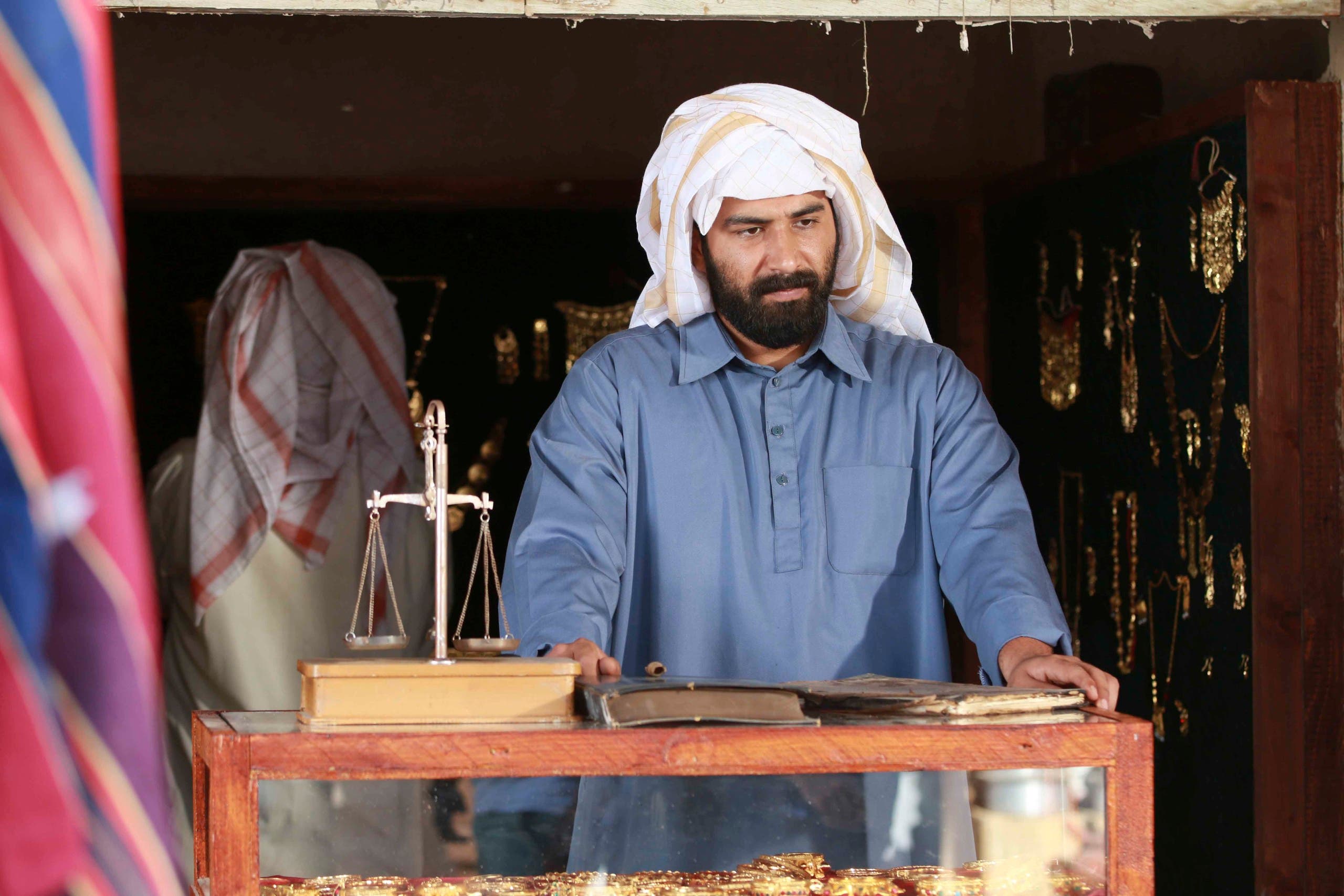
"In the past, there have been Jewish characters before the 1940s in drama across the Arab world in countries like Egypt, Lebanon, Iraq, and Syria but there weren’t any in the Gulf countries despite there being historical roots of Jewish communities in countries like Bahrain and Kuwait. So, this series represents a unique shock to the viewer – whether positive or negative – but it has to be done so that there is a documentation of what is grounded in the reality of our interfaith past,” Shobokshi added.
Asked about the controversy and accusation of enabling the normalization of ties with Israel, the series' leading actress said that people must watch the entire story before passing judgments.
"People saw that by the third episode, we talk about the sensitive topic and saw how the characters, both Muslim and Jewish, stood together with the people of Palestine,” Fahad told MBC’s Trending program.
MBC Group said that the story of "Umm Haroun” could not have been more relevant in today’s climate, especially in the time of the COVID-19 coronavirus pandemic.
"Today, the world’s sentiment is no longer "us vs. them,” but more "we are all in this together.” Much like the character of Umm Haroun – who helped others no matter their background – millions of real-life healthcare workers are selflessly doing the same, which shows we are stronger when united, and not divided, another message the series embodies,” MBC Group said in their press release.
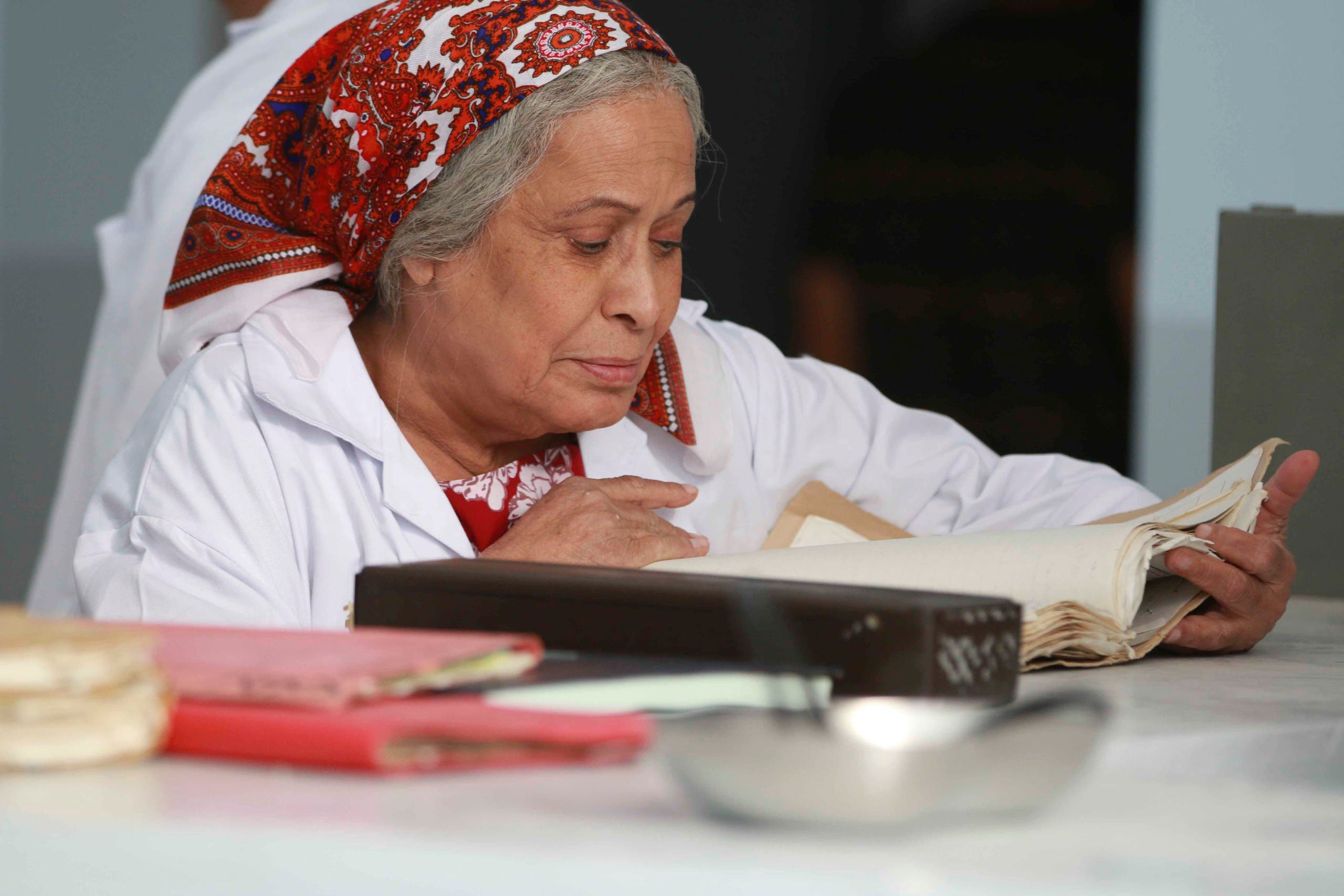
Al-Fahad’s character in the series is inspired by Bahrain’s "Umm Jan,” a famous midwife in the island kingdom who was credited with playing an important role in the early days of the health care establishment in Manama.
"As for the Jewish community of Bahrain, they have contributed largely to the economic sector as they worked at banks or as money exchangers. They have also contributed to the education sector, as many were teachers at the government and private schools. The health sector was blessed with a famous mid-wife, ‘Um Jan,’ who was of Jewish faith and was known to be ‘A Mother to All,’” Khedouri said in a prior 2017 interview.
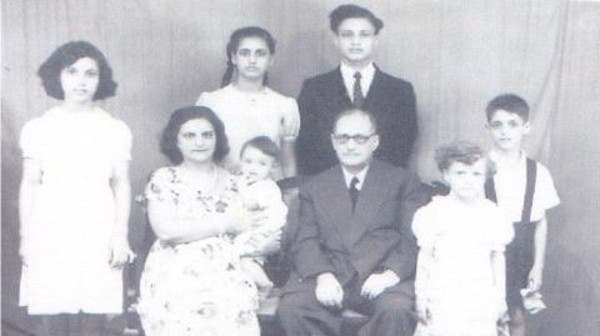
The Jews of Bahrain (Pictured: The Khedouri family) trace their roots back to the first Jewish people who arrived mainly from Iraq in the 1880s. (Supplied)
Bahrain is currently home to the only synagogue in the Gulf region, located in Bahrain’s historical neighborhood of Bab al-Bahrain in the capital Manama. Bahraini Jewish citizens have opted over the years not to maintain the synagogue due to the difficulty of maintaining the minimum requirement of ten men praying three times a day for daily prayers to go ahead.
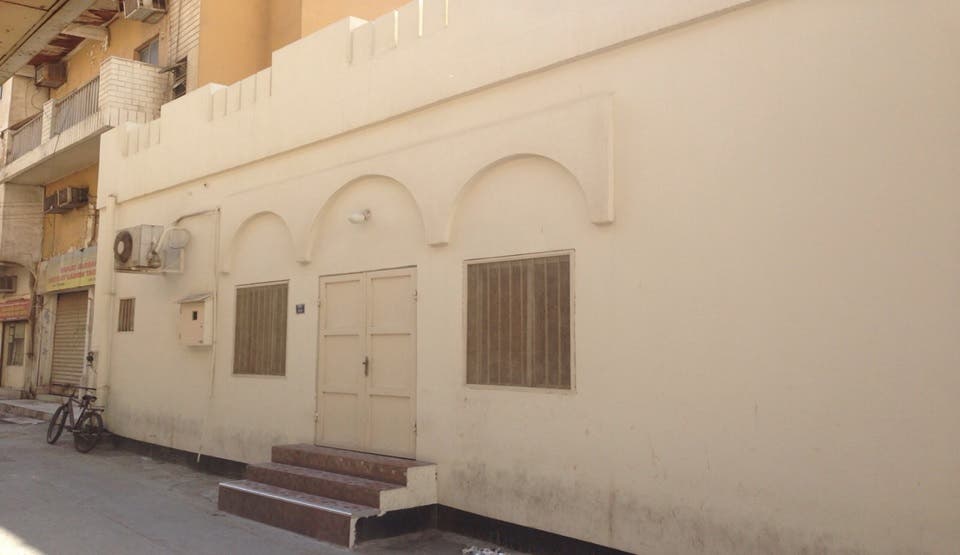
The local Synagogue near Bab al-Bahrain was established in the 1930’s and funded at the very start by a Jewish French pearl-trader who decided to ensure that a place of worship be available for the community. (Supplied)
The Jewish community in Bahrain all hail from a common background tracing back to Iraq. Their population in the kingdom has dwindled over the years from several hundred people to a mere thirty-six, according to Khedouri.
Jewish women have contributed to Bahrain’s political landscape, with Khedouri herself serving as a member of the island kingdom’s Shura Council, the upper house of the National Assembly which has been the main legislative body of Bahrain since 2010. Khedouri’s first cousin Houda Nonoo also made history when she became the first Jewish ambassador from the Arab region, after she was appointed Bahrain’s top envoy to the United States 2008-2013.